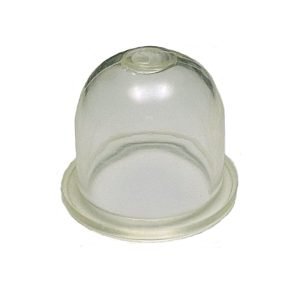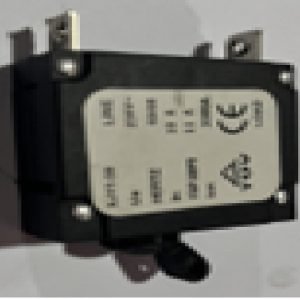Petrol Generator Circuit Breaker: A Safety Device
A circuit breaker is a safety device that automatically interrupts the flow of electric current in a circuit when it exceeds a predetermined limit. In a petrol generator, the circuit breaker protects the generator itself and connected equipment from damage caused by excessive current.
Types of circuit breakers used in petrol generators:
- Thermal circuit breakers: These use a bimetallic strip that bends and breaks the circuit when it reaches a certain temperature.
- Magnetic circuit breakers: These use an electromagnetic coil to trip the breaker when the current exceeds a predetermined limit.
- Combination circuit breakers: These combine thermal and magnetic tripping mechanisms for enhanced protection.
Key functions of a circuit breaker:
- Overcurrent protection: Protects the generator and connected equipment from damage caused by excessive current.
- Short-circuit protection: Protects against short circuits that can cause rapid current surges.
- Safety: Prevents electrical fires and other hazards.
Common issues with circuit breakers:
- Tripping: The circuit breaker may trip frequently due to overloading or short circuits.
- Failure to trip: The circuit breaker may fail to trip when it should, leading to damage to the generator or connected equipment.
- Corrosion: Exposure to moisture or harsh environments can cause corrosion of the circuit breaker’s contacts.
Maintenance tips:
- Regular inspections: Check for signs of damage, corrosion, or loose connections.
- Resetting: If the circuit breaker trips, reset it after addressing the underlying issue.
- Replacement: If the circuit breaker is damaged or faulty, it should be replaced.
Benefits of using a high-quality circuit breaker:
- Safety: Protects against electrical hazards.
- Reliability: Ensures the generator’s continued operation.
- Efficiency: Prevents unnecessary shutdowns due to overloading.






Reviews
There are no reviews yet.